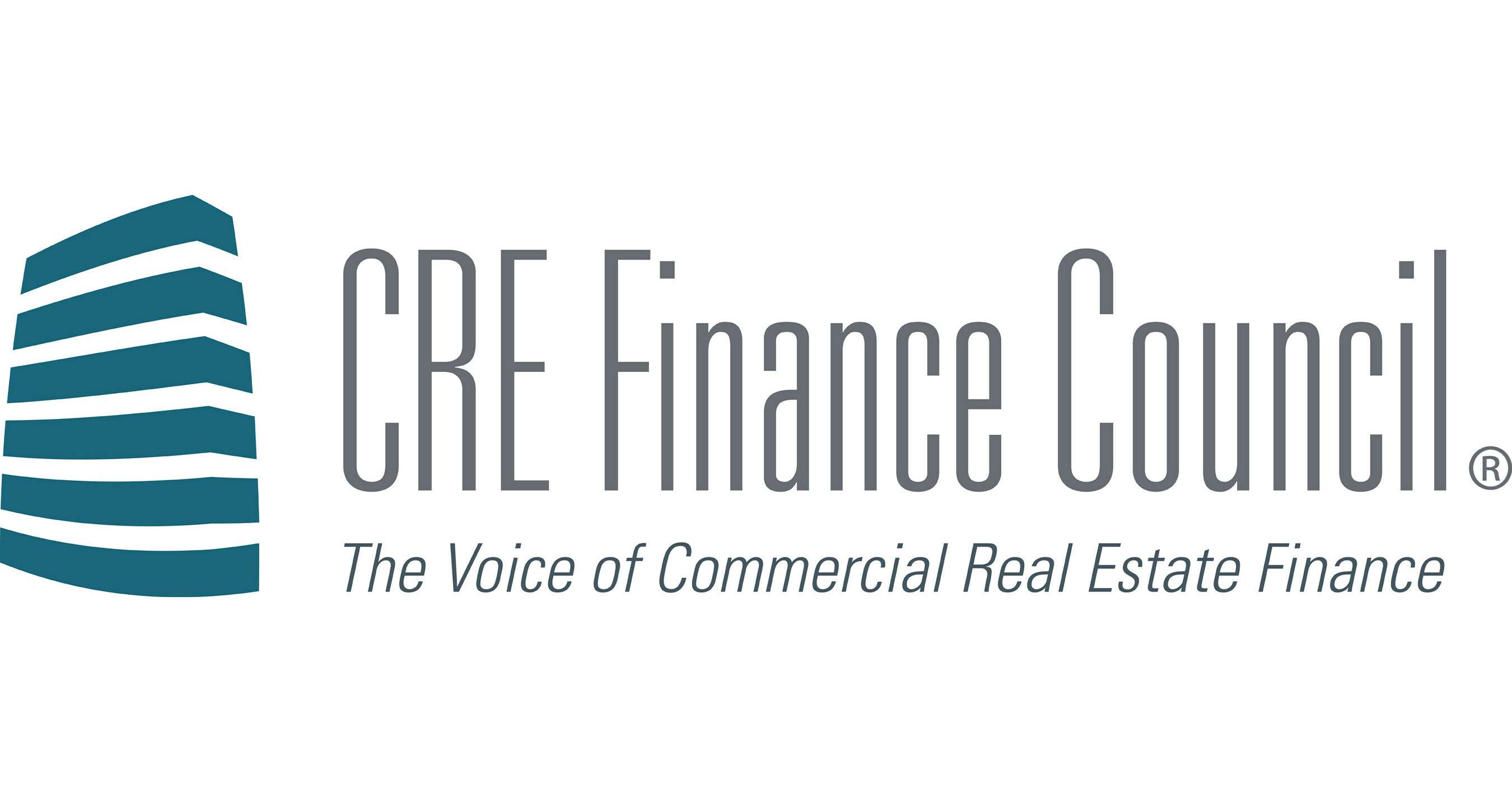T
he corporate real estate landscape is undergoing a significant transformation, and financial services firms are at a critical juncture. Economic uncertainty, shifting workplace dynamics, and rising regulatory demands are forcing companies to reassess their real estate portfolios and consider outsourcing CRE functions. In an industry that thrives on risk management and efficiency, outsourcing has become a strategic imperative for financial services firms to remain agile and competitive while reducing overhead.
According to JLL research, three-quarters of corporate real estate decision makers expect to rely more on external partners. However, this shift also presents challenges. Financial services executives must weigh the pros and cons of outsourcing CRE functions and consider how dynamic partnerships and data-driven strategies can help their companies thrive in a post-pandemic world.
The decision to outsource is often motivated by six drivers: cost, expertise, risk, flexibility, time, and transformation. Outsourcing enables companies to leverage economies of scale, access specialized knowledge, transfer operational risks, adjust services based on fluctuating office usage, accelerate project timelines, and drive strategic transformations.
Partnering with external CRE providers can help financial services firms adapt to a dynamic new reality. Instead of relying on transactional outsourcing, forward-thinking firms are forming long-term partnerships that focus on outcomes such as improving employee satisfaction, reducing carbon footprints, or increasing space efficiency.
For example, Webster Bank outsourced its transformation to experts after acquiring Sterling Bancorp, allowing it to consolidate office space, implement flexible work environments, and reduce its corporate footprint while maintaining a high level of service across its 200-branch network. This agile approach enabled the bank to meet its post-merger goals and drive operational efficiency, achieving $1M in total savings and nearly $300,000 in cost avoidance.
However, outsourcing also presents challenges such as loss of control, change management, and vendor dependency. Facilities executives must thoroughly vet potential partners and create contracts that hold providers accountable to the company's standards and long-term goals.
In conclusion, financial services firms must carefully consider their approach to corporate real estate functions, weighing the pros and cons of outsourcing against the benefits of in-house management. Dynamic partnerships and data-driven workplace strategies will play a pivotal role in maintaining competitive advantage in a rapidly evolving industry.















